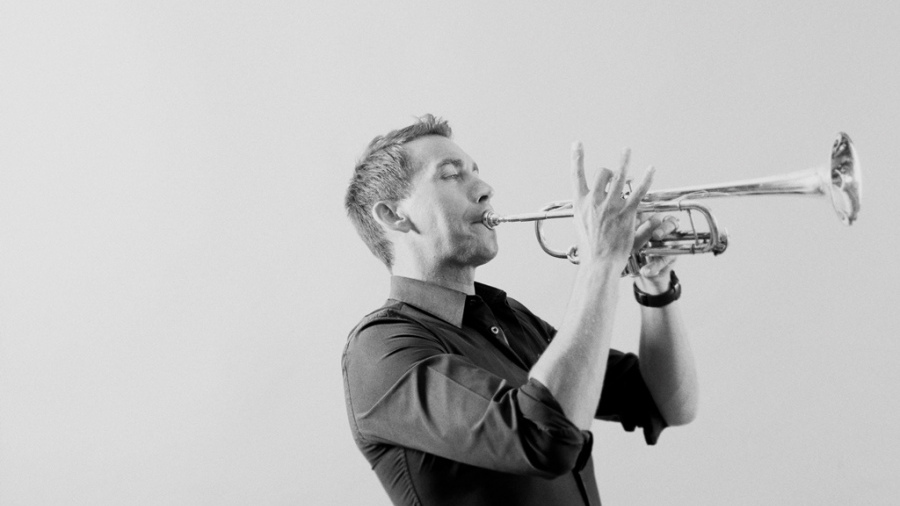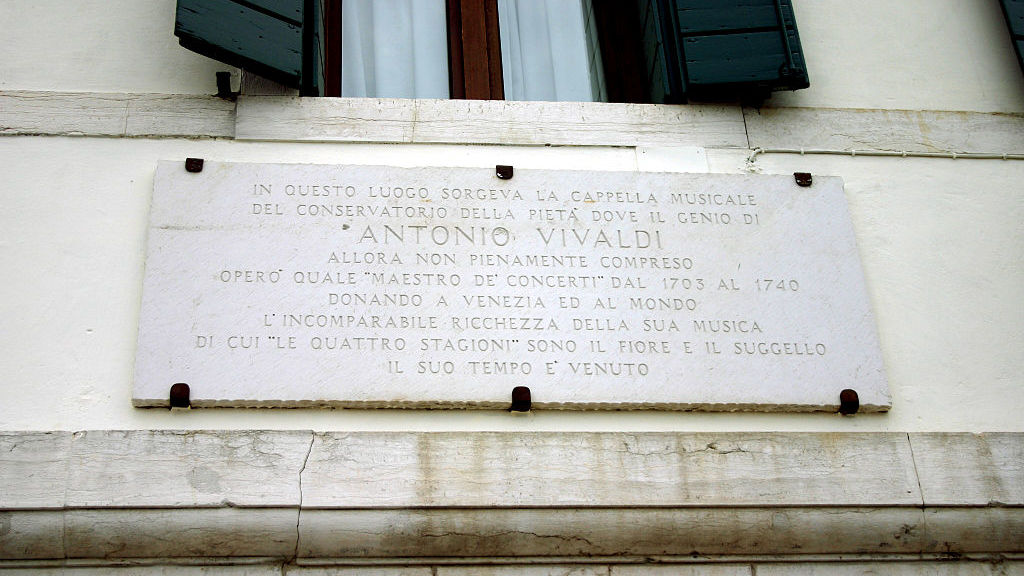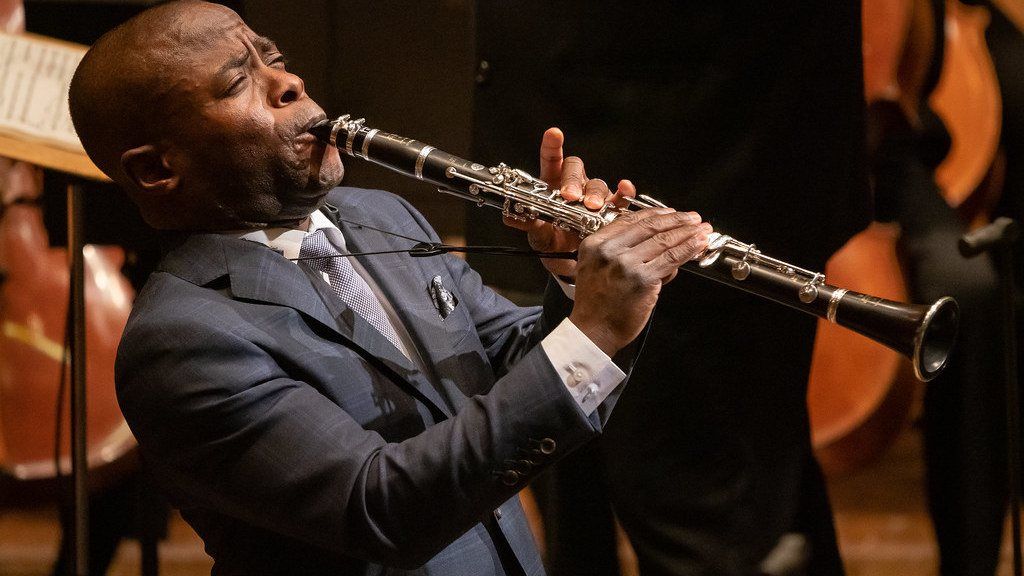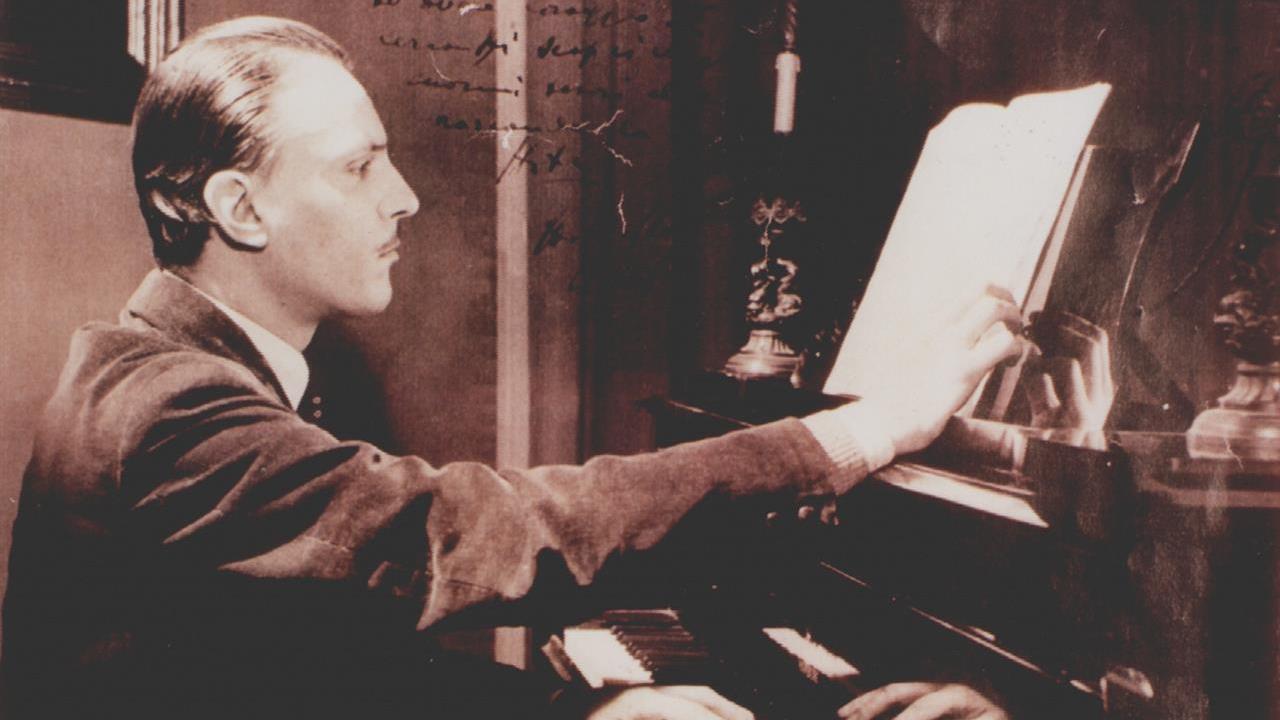New Release: Paul Merkelo’s “The Enlightened Trumpet” (Haydn, Telemann, Mozart, Hummel)
Paul Merkelo’s new album, The Enlightened Trumpet, features the Trumpet Concertos of Haydn, Telemann, Leopold Mozart, and Hummel. The album showcases the technological development of the instrument during the Age of Enlightenment, with the introduction of the keyed trumpet. Unlike the earlier, valveless natural trumpet, the keyed trumpet could play all of the notes of the chromatic scale. This allowed the trumpet to come into its own as a solo instrument. Paul Merkelo …







